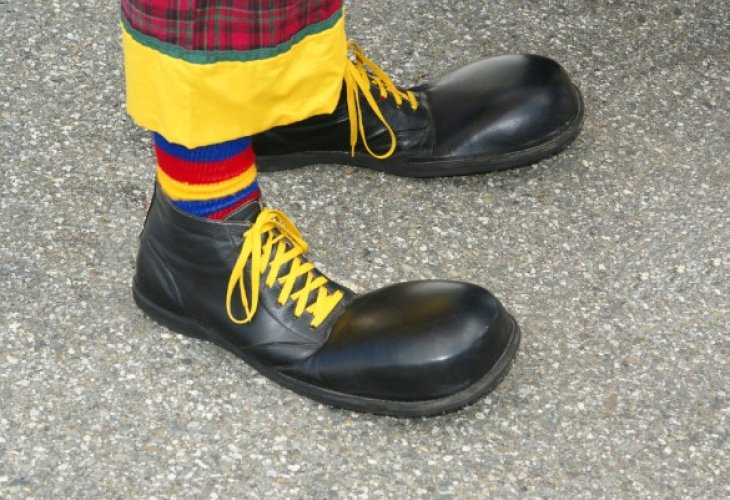Jewish Law
Is It Permitted to Wear Opposite-Gender Clothing on Purim or at Weddings?
Explore the halachic discussion on cross-dressing for joy or costume purposes and learn why most Torah authorities prohibit men and women from exchanging clothing
- Daily Halacha
- |Updated

Is it permitted for boys and girls to exchange clothing — for example, for celebration or fun, such as during weddings or on Purim — or is this practice forbidden by Jewish law?
* * *
The Torah states clearly (Devarim 22:5): “A woman shall not wear that which pertains to a man, nor shall a man put on a woman’s garment.”
From this verse, we learn that it is forbidden for a man to wear women’s clothing, and likewise, for a woman to wear men’s clothing.
The Shulchan Aruch (Yoreh De’ah 182) elaborates: It is forbidden for a man to perform actions that are considered women’s beautification practices, such as looking in a mirror — since traditionally, this was considered a woman’s behavior. However, later authorities note that in places where men also look in mirrors, this is permitted, since it is no longer uniquely a feminine act.
Today, it is accepted that both men and women may look in mirrors without concern for this prohibition. However, wearing the clothing of the opposite gender remains strictly forbidden, since that act itself is uniquely tied to gender distinction.
The Purim Custom and Its Historical Source
In some Ashkenazic communities, it became customary for men and women to exchange clothing on Purim, out of joy and celebration.
The sage Rabbi Yehuda Minz (Mahari Minz) wrote that the reason for leniency in such communities is that during Purim everyone engages in such costume play, and therefore the garments are not considered distinctly male or female. Since it is done solely for the joy of the holiday, and not for immoral reasons, he held there was room for leniency.
This reasoning was later cited by Rabbi Moshe Isserles (the Rema) in his gloss to the Shulchan Aruch, acknowledging that such a custom existed in his day.
The Majority of Authorities Forbid It
Most halachic authorities — including the Rambam (Maimonides) and Rabbeinu Eliezer of Metz (author of Sefer Yere’im) — strongly oppose any leniency, even for the sake of joy or a mitzvah celebration.
Rabbeinu Eliezer of Metz wrote: “Even temporarily and in jest, it is forbidden for a man to wear women’s clothing or for a woman to wear men’s clothing, for the Torah makes no distinction between permanent or temporary use. I write this because I have seen people do so at weddings and festive gatherings.”
From his words it is clear that even at a joyous religious occasion, such as a wedding or Purim, cross-dressing remains a Torah-level prohibition.
Ruling of Rabbi Ovadia Yosef
Rabbi Ovadia Yosef ruled in Yechaveh Da’at that it is strictly forbidden, even on Purim, for men to wear women’s clothing or vice versa. He cited numerous later authorities who condemned those who are lenient in this matter.
He added that these teachings should be conveyed gently and with patience, so that people will receive them with understanding and respect — but the halachic conclusion remains firm.
Educating Children
Parents and educators should also ensure that children are not dressed in clothing of the opposite gender, as part of their Torah education (chinuch). Just as we train children to observe other commandments, we must train them to avoid Torah prohibitions, even when done playfully.

